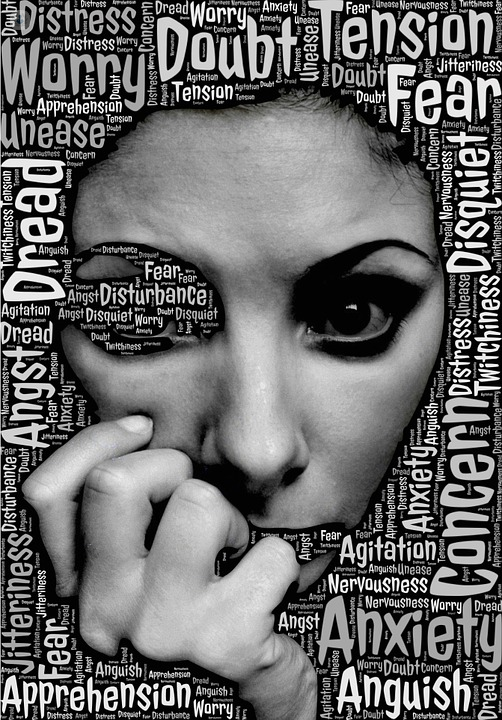



What is social phobia?
Social phobia, more commonly known as social anxiety disorder (SAD), is an anxiety disorder involving an overwhelming fear or social situations and interactions. The disorder is fairly common in teenagers, and often disappears as they mature, but for some it can continue into adulthood, and can have a huge impact on the way patients live their lives.
It is often coupled with other mental health issues, such as depression and body dysmorphic disorder.
What are the symptoms of social anxiety disorder?
Far more than shyness, social anxiety is an intense fear that may be experienced before, during, and after a social situation. It can affect a person’s confidence and the way they go about their daily life. Typical symptoms include:
- Dreading everyday social interactions, such as starting conversations, phone calls, going to work, going shopping, or meeting strangers.
- Avoiding social activities, like going out with friends or parties.
- Avoiding eye contact
- Fearing criticism
- Feeling like you’re being watched and/or judged when surrounded by people, and consequently finding it difficult to do things.
- Physical symptoms, e.g. nausea, sweating, trembling, accelerated heart rate
- Panic attacks
What causes SAD?
There is still some debate as to what actually causes social phobia, and research is ongoing. It is generally thought that a combination of genetic and environmental factors contribute to the development of SAD. It appears that in general, the condition starts at a certain point of an individual’s life, and will worsen over time if not addressed.
Social events in the patient’s life, particularly if traumatic or humiliating, can be linked to the development of social anxiety disorder. In other cases, certain cultural attitudes, psychological factors, and substance abuse could also contribute.
How can it be prevented?
While events such as bullying during childhood, or a lack of acceptance by peers has been linked to social anxiety disorder, there are any number of possible causes, and most are difficult or impossible to prevent. However, there are methods of overcoming social phobia.
What is the treatment?
If you think you have social anxiety and it is affecting your life, your first step should be seeing your doctor or a specialist. They will assess your situation by asking you about your thoughts and feelings, and will guide you in the best way to deal with the problem.
Cognitive behavioural therapy (CBT) is frequently recommended to help to teach the patient to steer away from the negative thought patterns that influence their anxiety. Other types of psychotherapy, or medication in the form of antidepressants may be recommended, depending on the case.
While rarely curing the condition, there are a number of self-help techniques that can help patients to manage their SAD, and a number of support groups, including Anxiety UK among others, offer help to those who need it.
As each patient is different, it is advisable to see a doctor before deciding on treatment.